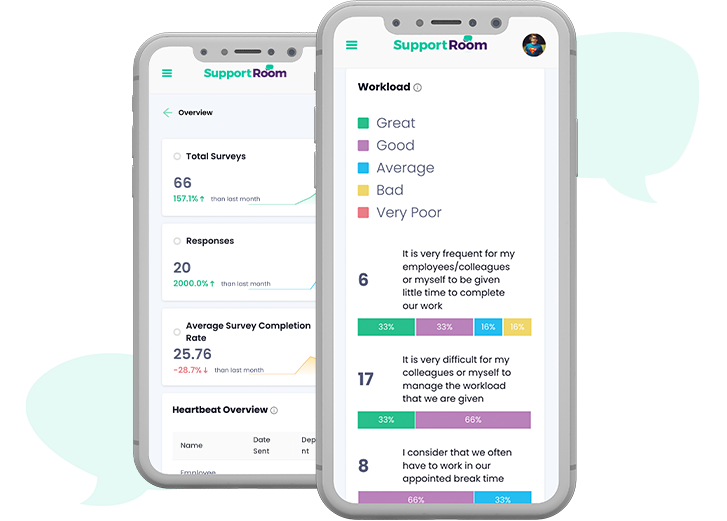Friends who burden you with their problems
Our friends will often come to us for advice and solutions. They will share their worries and concerns and expect us to listen to them, show compassion, and help them solve their issues. And most of the time, we will do that. We might think there is nothing wrong with it – at the end of the day, isn’t this what good friends do?
While there is nothing wrong with being a good friend who is always there for other people, we should not forget that we don’t always have the emotional resources to do that. We will have days when our own struggles leave us with no energy to listen to someone else’s concerns. Besides, we might find ourselves in a place where we don’t actually know what to do or say to someone who expects our advice. Trainee Integrative Psychotherapist Teodora Ghiur from SupportRoom shared a few tips on how we can protect our mental wellbeing when someone close to us burdens us with their personal problems.
Recognise your own limits
Instead of assuming that you have all the answers to someone else’s problems, have a realistic look at what you can practically solve in their lives. Take into consideration the fact that you’re not a therapist or an expert on someone’s issue. Therefore, the solutions and advice you are able to offer might not be the best. Do not put pressure on yourself to have the right words to say when someone complains about a situation going wrong in their lives. Knowing your own limits about what you can and cannot do will prevent you from setting unrealistic expectations of yourself.









